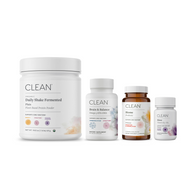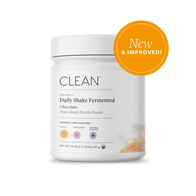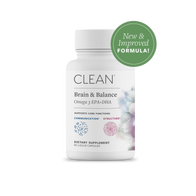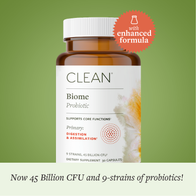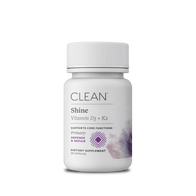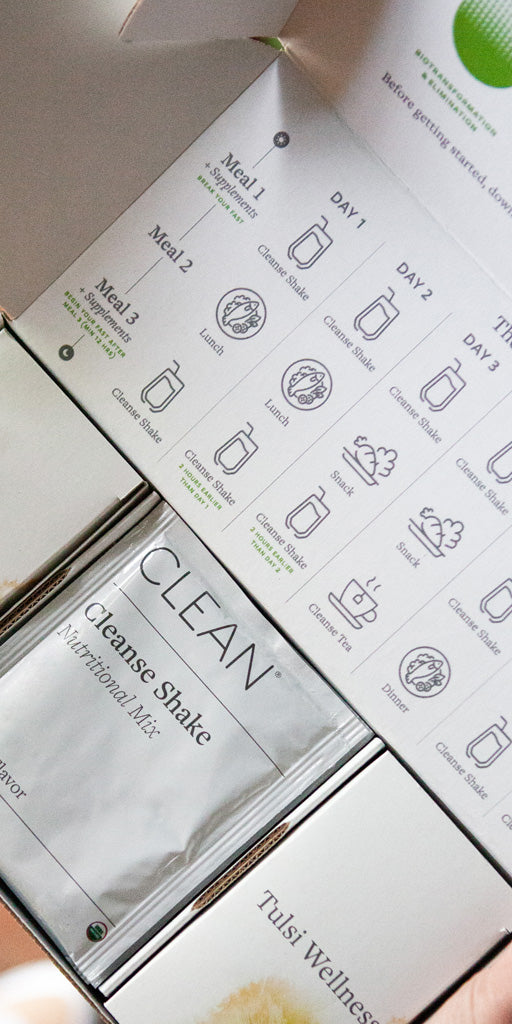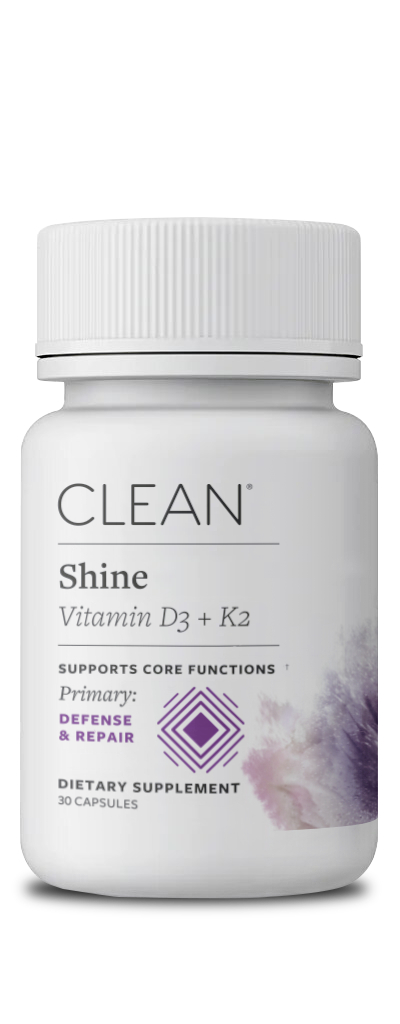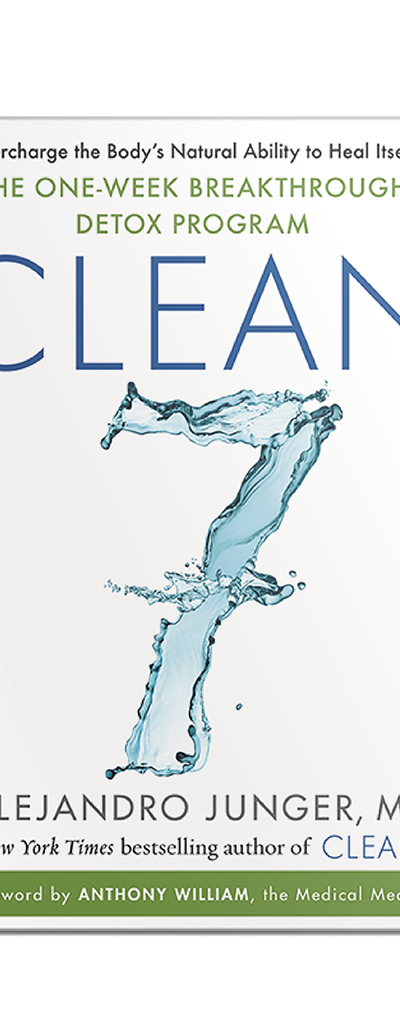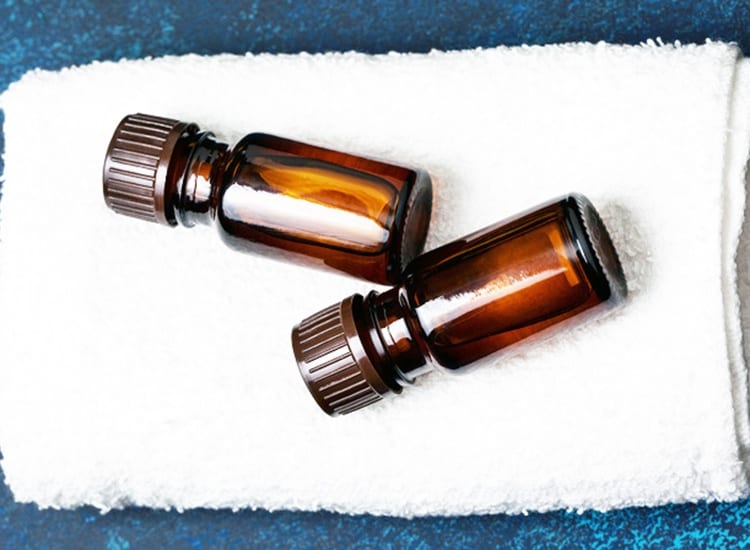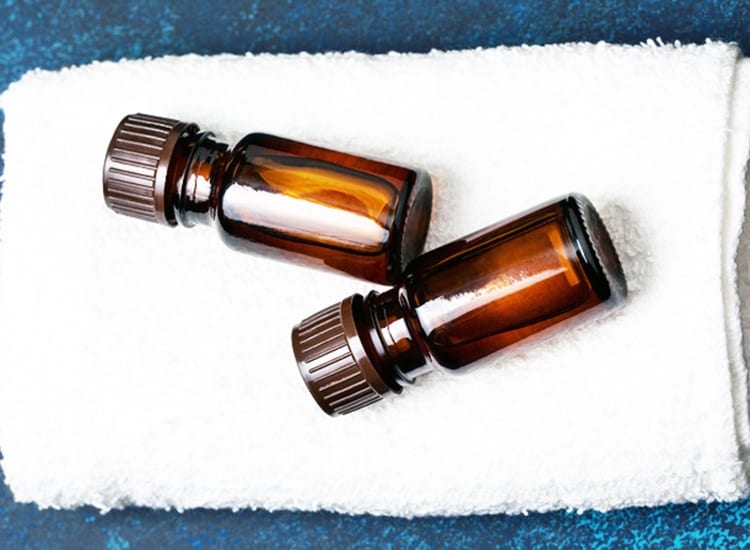 Have you heard the buzz about CBD oil? With infused smoothies, lattes, and desserts, CBD is getting lots of airtime in wellness circles for its reported power to calm anxiety, improve sleep, and ease chronic pain. Despite growing popularity, there is still lots of misinformation circulating about this hemp-derived oil; let’s examine the facts, and sort out the hype.
Have you heard the buzz about CBD oil? With infused smoothies, lattes, and desserts, CBD is getting lots of airtime in wellness circles for its reported power to calm anxiety, improve sleep, and ease chronic pain. Despite growing popularity, there is still lots of misinformation circulating about this hemp-derived oil; let’s examine the facts, and sort out the hype.
What is CBD? Will it Get Me High?
CBD is derived from hemp, or the Cannabis Sativa L. plant, but it won’t get you stoned. CBD is the abbreviation for cannabidiol, one of many chemical compounds found in hemp and marijuana. THC, another compound found in hemp, is psychoactive, and will get you high. But CBD is not a psychoactive substance, so while it does have therapeutic benefits, it is distinct from medical marijuana used for pain and symptom relief.
Basically, CBD has the healing properties of medical pot without the high. CBD is generally considered safe, and is legal for use in all 50 states with no medical card required — as long as the THC level is .3 percent or lower. Be sure to check in with laws and availability in your state.
What is the Endocannabinoid System?
The endocannabinoid system is found in all mammals, and is comprised of millions of receptor sites found throughout the brain (CB1 receptors) and nervous system (CB2 receptors). While the body benefits from plant-based cannabinoids (phytocannabinoids), it also makes its own, intrinsic, cannabinoid compounds called Anandamide and 2-AG. These compounds stimulate the endocannabinoid system, helping to regulate communication between cells, maintain homeostasis, and mediate bodily functions. More than 23,000 published studies have examined the benefits of CBD for a wide array of medical conditions like chronic pain, mitochondrial disease, cancer, inflammation, and Alzheimer’s.
The Benefits of Adding CBD to Your Wellness Plan
CBD has been studied extensively for its health benefits, and can improve a wide variety of conditions. CBD is helpful for:
-
Pain and inflammation. Natural pain relief tops the list of the many health benefits CBD offers. Evidence shows that CBD may inhibit neuronal transmission in pain pathways while suppressing chronic inflammation.
-
PMS. CBD contains essential fatty acids which help balance out women’s hormones, helping to alleviate the myriad unpleasant symptoms many experience during that time of the month.
-
Mental health conditions like anxiety, obsessive-compulsive disorder, PTSD, social anxiety disorder, and panic disorder have all been shown to benefit from CBD supplementation. CBD is also proven to have antipsychotic effects.
-
Headaches are most commonly caused by stress and dehydration, but nerve dysfunction and overactivity also contribute to the dreaded aching and throbbing. Since CBD can desensitize pain receptors at the nerve level, it helps relieve the pain and inflammation associated with headaches.
-
Stress. Cannabinoid receptors are found in the parts of our brains associated with regulating moods, fear, and stress. Regular cannabinoid consumption can reduce existing stress and anxiety, and help increase and strengthen overall stress resilience.
Different strokes for different folks
There are different ways you can consume CBD oil based on your personal preference, but some forms are more bioavailable than others. And regardless of the form you use, CBD will not get you high. Inhalation via vape pens, topical salves and ointments, and sublingual tinctures are the most absorbable forms of CBD, while oral capsules are still effective, but a bit less bioavailable. Some people enjoy adding it to their morning smoothie.
Try out your options, and see what works best for you. With more and more research becoming available on the benefits of CBD, there has never been a better time to add this healing substance to your health and wellness routine.
Written by Carolyn De Lorenzo
If you enjoyed this article, you might also like Turmeric Benefits: What Are They Really?












